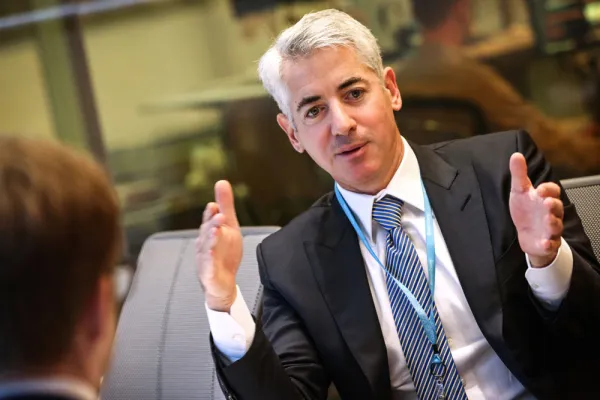As Washington lawmakers try to fix the regulatory mess governing the financial industry, institutional investors are calling for rules in another area that touches the economy: greenhouse-gas emissions.
“Climate is a significant issue in our corporate governance engagement,” Jack Ehnes, CEO of the $159 billion California State Teachers’ Retirement System, told 350 people attending the sixth annual Carbon Disclosure Project forum at New York’s World Financial Center on September 22. CalSTRS has invested $1 billion in a mix of asset classes under its green initiative, not just for the good of the planet but also “for sound investment reasons,” Ehnes said.
The CDP, a nonprofit agency representing 385 institutional investors with $57 trillion in total assets under management, is pushing the world’s largest companies to report their greenhouse-gas emissions — 33 percent of CDP members consider climate risk when deciding where to invest. The response seems to be encouraging. Last month a CDP survey conducted by PricewaterhouseCoopers showed that of the 321 companieson the Standard & Poor’s 500 that responded, 73 percent reported their emissions, up from 65 percent last year.
New rules are coming, experts agree. National cap-and-trade legislation in the U.S. is expected to kick in under the next administration regardless of who wins the election on November 4. But companies should not wait for government to impose carbon limits, says CDP chairman James Cameron, who is also manager of London-based low-carbon-economy investment adviser Climate Change Capital. “This is an uncomfortable week for many of you,” Cameron told participants in the forum. Failing to address the looming threat of climate change “will have higher risks and consequences — far, far greater than what we’re experiencing now,” he added.





